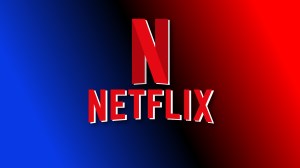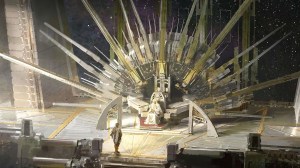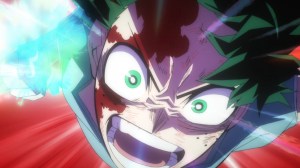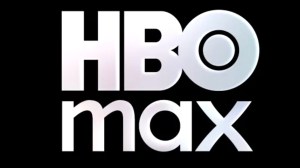No matter the genre, in a story, not every villain is totally wrong, and some TV shows make that pretty clear. A lot of the time, the characters who play the bad guys are just pointing out things the heroes don’t want to deal with. They notice issues in the system, call out the main characters’ flaws, and make tough choices that actually make sense in the end. Even if their actions go too far, it’s hard to say they’re completely off base. In a lot of cases, time has proven these “villains” were right all along – they just weren’t taken seriously. And when that happens, things usually fall apart.
Videos by ComicBook.com
Here are 10 times some TV villains were right all along. These are characters who, even though they clashed with the heroes (and pretty much everyone else), made solid points and even saw what was coming before anyone else did.
1) Agatha’s Warning About Wanda’s Magic (WandaVision)
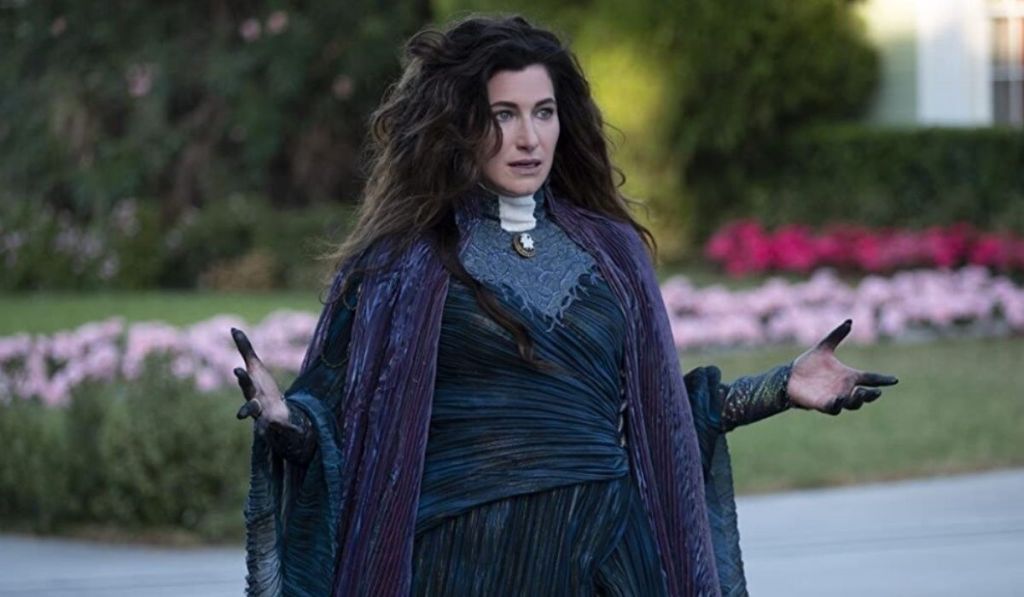
Agatha Harkness (Kathryn Hahn) may have been introduced as the villain of WandaVision before getting her own show, but she was one of the only characters who saw the real danger Wanda (Elizabeth Olsen) posed from the start. While everyone else was stuck inside the Westview illusion, Agatha knew that taking over an entire town with chaotic magic was completely irresponsible. In the end, she even tried to warn Wanda about the Darkhold and the fallout her actions could bring, but was painted as the “bad guy” just for stepping in. If anyone had actually listened to her, maybe the Scarlet Witch wouldn’t have taken an even darker turn later on. Agatha wasn’t a hero, but she was absolutely right in thinking Wanda’s powers needed serious boundaries.
2) Tory Nichols’ Truth About Survival (Cobra Kai)
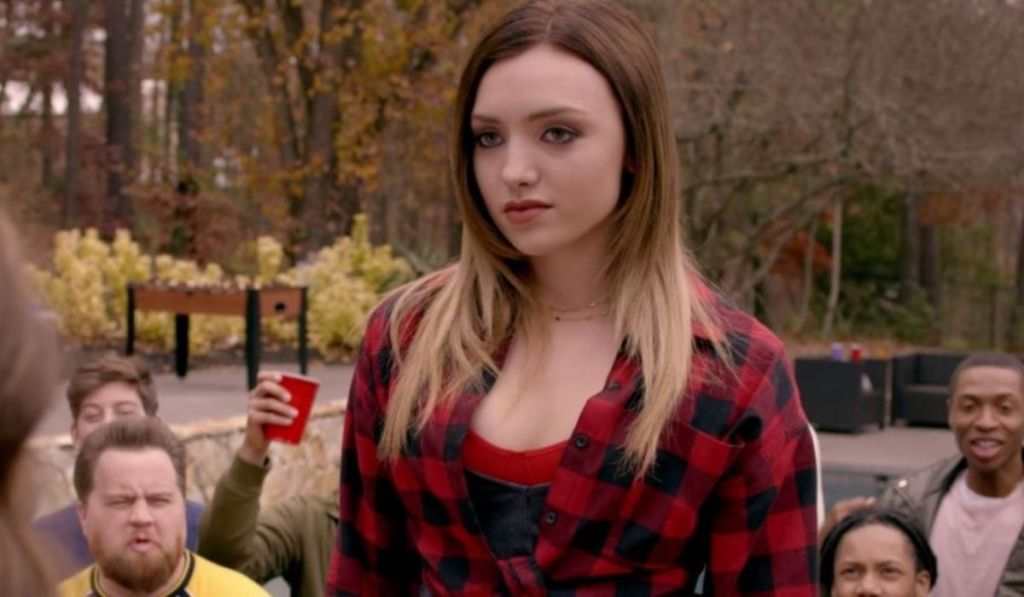
In Cobra Kai, Tory Nichols (Peyton List) has always been shown as an antagonist in the Cobra Kai vs. Miyagi-Do rivalry. But once her background comes into focus, it’s clear why that is. Everything she’s done since showing up in the series comes from trauma and the unfair system she’s stuck in. Unlike Sam (Mary Mouser), who comes from a stable, privileged life, Tory lives in a world where fighting is survival, not some deeper philosophy. When she lashes out, it’s not because she’s cruel – it’s because that’s the world she’s learned to survive in. The mistake everyone made for a long time was assuming she was wrong for buying into the Cobra Kai mindset. In reality, she was often more honest and consistent than the so-called heroes. She was right to call out that the “good guys” mess up too, and that they sometimes manipulate or hide behind fake moral high ground. Tory just followed the rules she was taught – nothing more.
[RELATED: 7 Times TV Villains Were More Popular Than the Heroes]
3) Chuck’s Warning About Jimmy’s Ethics (Better Call Saul)

It’s easy to hate Chuck McGill (Michael McKean) for sabotaging his own brother in the Breaking Bad spin-off Better Call Saul, but that misses one important detail: he was right about Jimmy (Bob Odenkirk). The guy is charming and smart, sure – but he constantly bends the rules whenever it suits him. Chuck saw that clearly and truly believed that the legal system couldn’t afford to let that kind of behavior slide. He may have taken it too far, but his goal was to protect the profession’s integrity. The sad part is that Chuck was right, and no one wanted to admit it until it was too late. By the end of the show, Jimmy’s (or Saul’s) whole path proves Chuck’s point: raw talent without any real ethics can leave a trail of damage. He may have come off bitter, but his concerns were totally valid.
4) Shane’s Tough but Right Decisions (The Walking Dead)
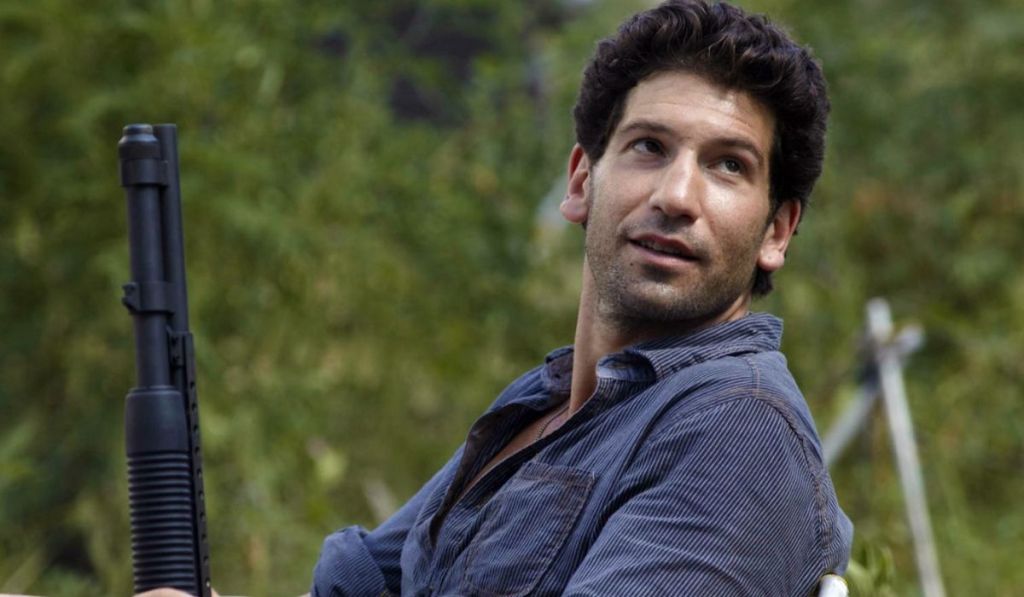
The Walking Dead had its share of dangerous villains, and Shane (Jon Bernthal) really wasn’t one of them. Still, he can easily be seen as the show’s first real antagonist, simply because his worldview clashed with the protagonist – who also happened to be his best friend. While Rick (Andrew Lincoln) tried to hold on to old-school morals, Shane was quicker to adjust to the apocalypse: if you hesitate, you die. He made tough calls that, while controversial, actually saved lives more than once. The show painted him as unstable or overly aggressive, but in reality, he just saw things more clearly than the others. What’s ironic is that, later on, Rick would go on to make decisions way more brutal than anything his friend ever did. Shane was only labeled a “villain” because he figured it out before everyone else did.
5) Silco’s Fight for Zaun’s Freedom (Arcane)
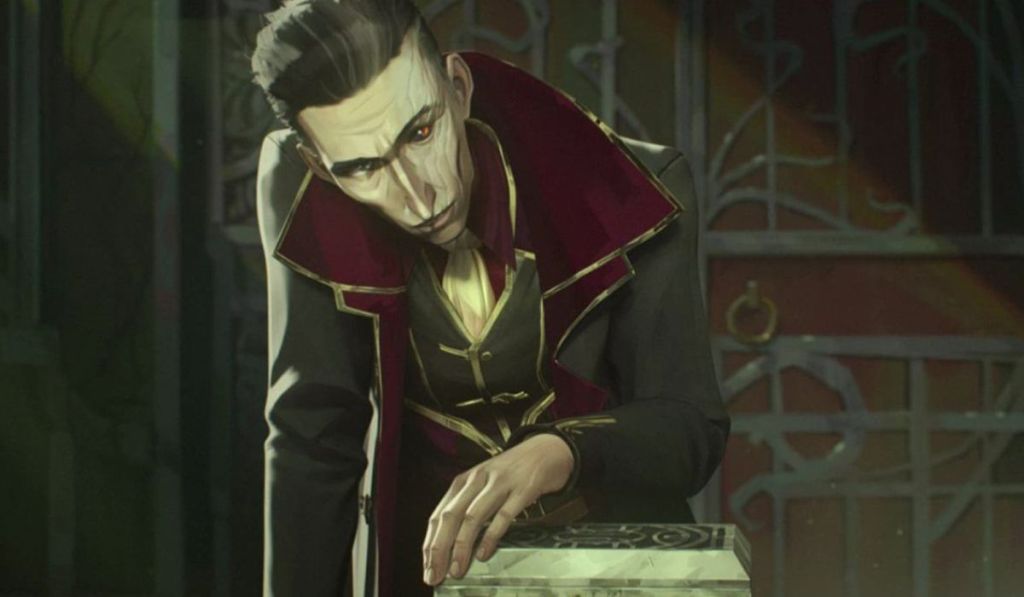
In Arcane, Silco is often seen as the dictator of Undercity, but his fight for independence and dignity for a marginalized community was actually valid. He believed Piltover would never respect Zaun unless they were forced to, and history shows he was right. The power dynamics were seriously unbalanced, and he tried to fix that with whatever means he had. What really sets Silco apart is that he wasn’t motivated by ego, but by a clear ideology. He wanted a free Zaun, even if that meant using morally gray methods. The show is full of complex characters, but he’s one of the few with a clear goal. The thing is, the world rarely rewards those who speak hard truths – that’s just how it is.
6) Kol’s Warning About Silas (The Vampire Diaries)
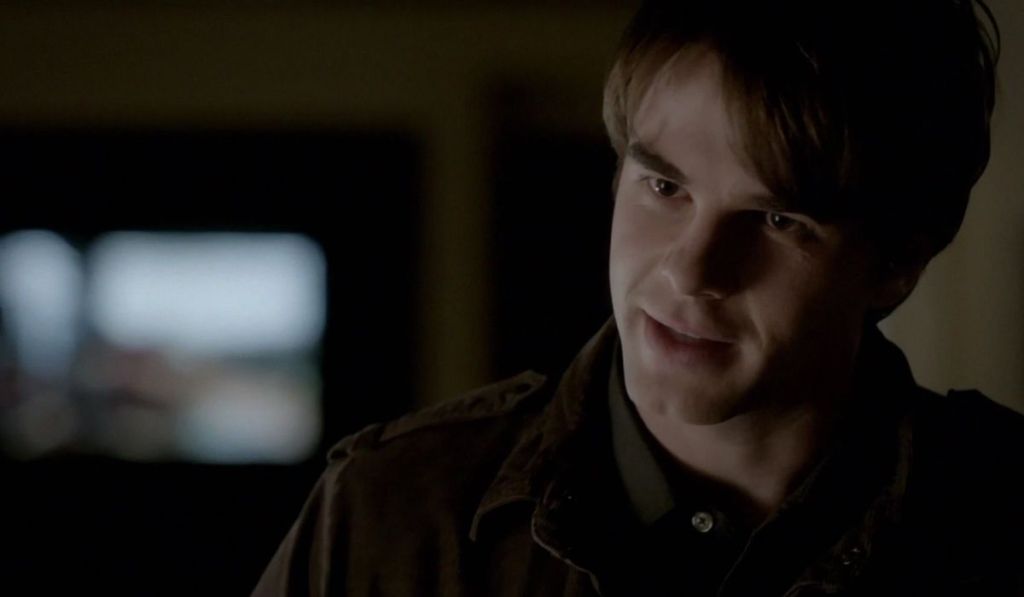
When the Originals first showed up in The Vampire Diaries, the series introduced what could’ve been a strong rival for the good vampires. Kol Mikaelson (Nathaniel Buzolic) was one of them – often seen as unstable and violent, but the show often forgets to highlight that he had real reasons to feel betrayed and left out. For centuries, he was treated like the black sheep, while the others acted like they had all the moral high ground. Kol just wanted a voice in the family, but his frustrations kept getting ignored. For example, when he tried to stop Silas (Paul Wesley) from waking up, he was totally right about the danger – yet he got punished for it. Kol wasn’t perfect, but his instincts were spot on more than once. No one seemed ready to listen until it was too late.
7) Jaha’s Controversial Survival Choices (The 100)
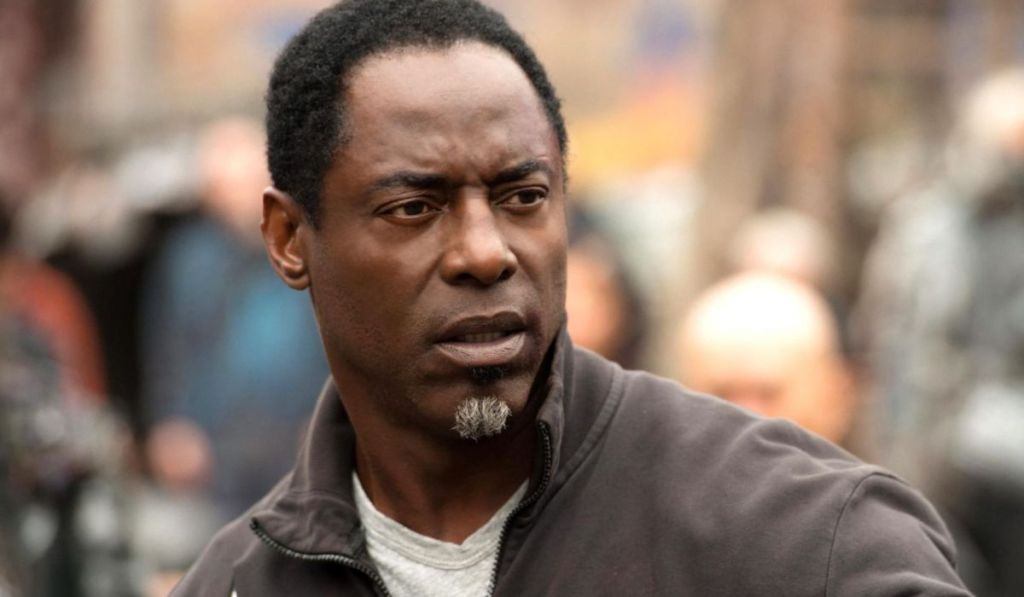
In The 100, Thelonious Jaha (Isaiah Washington) made some really controversial choices, but there was always a clear reason behind them: the group needed to survive, even if it meant sacrificing some lives. Sure, the show paints that as totally opposite to heroism, but looking at it realistically, Jaha wasn’t heartless. He just understood that tough decisions had to be made – and he was willing to take on that responsibility. In a post-apocalyptic world, that didn’t make him a villain, just a practical leader. A lot of the hate he gets comes from the fact that he says out loud what others don’t want to admit: you can’t save everyone. As harsh as it sounds, his choices often kept civilization going. He might have been unpopular, but many of his actions were necessary.
8) Flag Smashers’ Post-Blip Truth (The Falcon and the Winter Soldier)
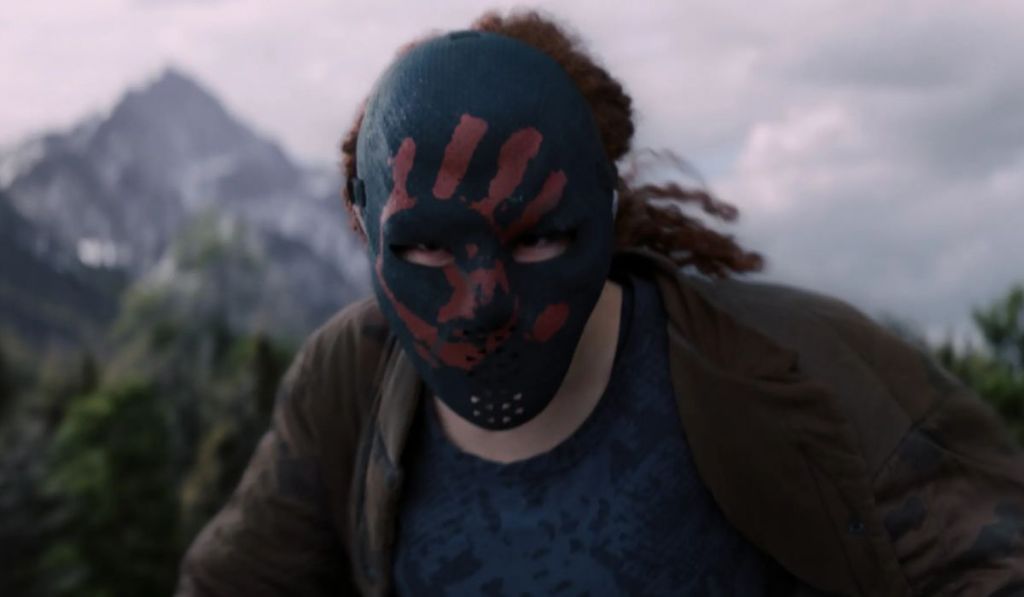
The villainy in The Falcon and the Winter Soldier wasn’t just one person – it was a whole group. The Flag Smashers were shown as terrorists, but if you stop and think about it, their goals weren’t really that evil. Their main point was simple: after the Blip, the world was more united and fair, but governments quickly put back borders and divisions without good reason. They wanted to keep that global solidarity alive but got crushed by forces wanting to go back to the old ways. The show kind of hints the Flag Smashers were right but never fully admits it. Karli Morgenthau (Erin Kellyman) might have gotten extreme, but what she said made sense. Her anger was aimed at a system that forgot about the poorest and most vulnerable – and in that, she was absolutely right.
9) Marlene’s Sacrifice for the Greater Good (The Last of Us)

In a post-apocalyptic world, it’s tough to label anyone as a true villain. In The Last of Us, Marlene (Merle Dandridge) is seen that way, but only because, like Jaha in The 100, she was focused on the greater good. She made the hardest call possible: approving a surgery that would kill Ellie (Bella Ramsey) but could save humanity. It wasn’t an easy decision, but it made sense. In that situation, finding a cure mattered more than any emotional ties, no matter how painful. Joel (Pedro Pascal) saw Marlene as the villain, but that was because he couldn’t handle losing Ellie. The truth is, Joel chose selfishly. Marlene, though cold, acted on a logic of collective sacrifice – and in that, she was undeniably right.
10) Separatists’ Fight Against Corruption (Star Wars: The Clone Wars)

In Star Wars: The Clone Wars, the Separatists weren’t just Palpatine’s puppets – many of the outer systems were genuinely unhappy with a centralized Republic that favored the Core worlds and ignored the social needs, infrastructure, and defense of the Outer Rim. The show does a good job of showing how the Senate’s tangled bureaucracy and corruption left those distant planets feeling totally abandoned. The Separatists wanted self-rule, lower taxes, laws that fit their local situations, and less interference from the central government – goals that aren’t wrong at all. The problem is that their cause got hijacked by greedy corporations and, in the end, by Palpatine’s own manipulative plan. What started as a real fight for freedom ended up becoming a tool to build the most controlling empire in the galaxy.





